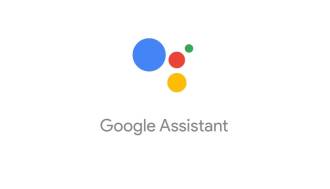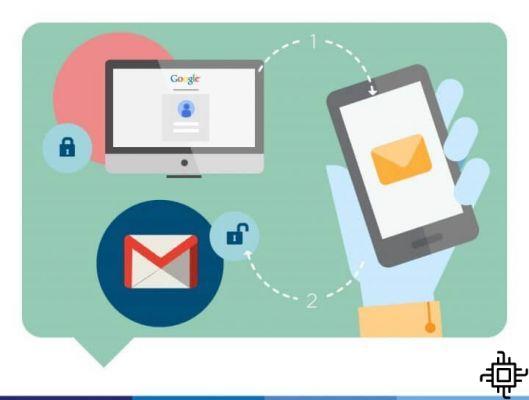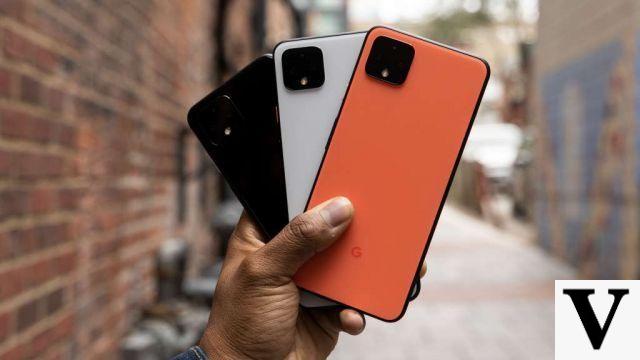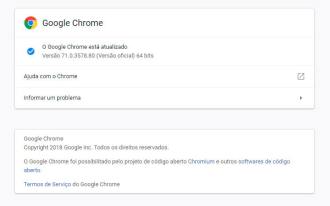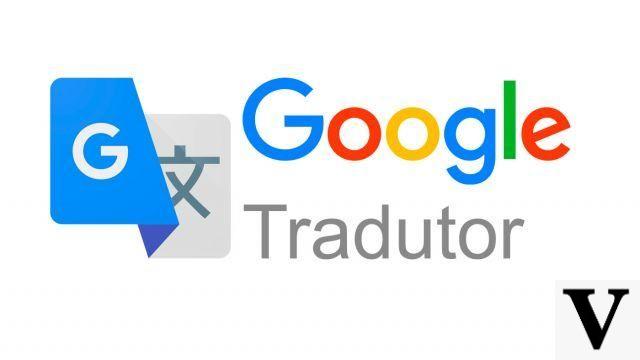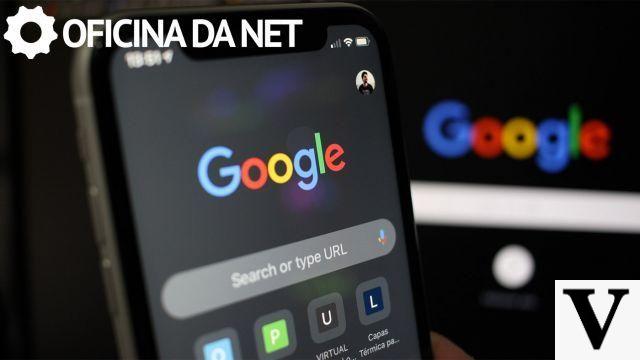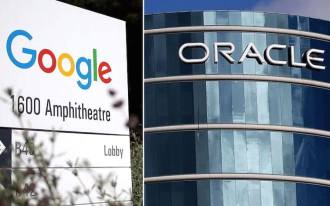Techlifers recently published an article talking about how Amazon didn't erase customer audios in interactions with Alexa and Echo. She doesn't seem to be the only one: according to a report by the Belgian broadcaster VRT NWS, human employees have access to audio collected by Google's personal assistant.
The article claims that these employees are not only able to hear everything that is requested from Google Home, but also what is said around them. That's right, the prosecution also talks about unauthorized recordings.
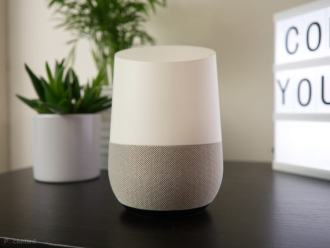
A Google employee showed the VTR NWS over a thousand audio snippets recorded through the Google Assistant. According to the Belgian broadcaster, these audios often contained customers' personal data, such as address and full name - which even led journalists to victims.
What is Google's interest in these audios?
Google denies spying on customers. The most plausible claim for this type of attitude is not to observe what thousands and thousands of people say - because who would have the time and interest in that? - but rather to learn how they communicate.
Both Google Home and Google Assistant (present on the company's smartphones) work through AI. This means that the machine identifies certain keywords and can quickly take action on them. In order for the machine to do this, a human must teach it.
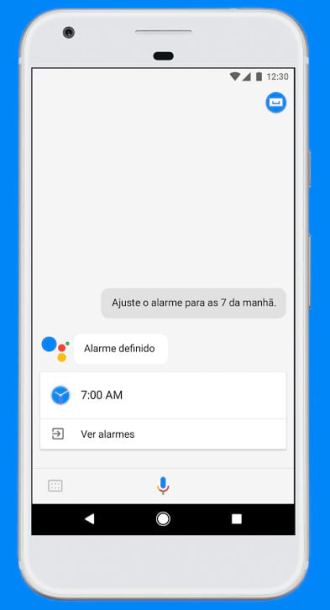
In this way, Google employees listen to snippets and snippets of audio to teach the machines which words to identify and what action to take. So far so good, apart from the fact that Google's "Terms and Conditions" do not inform that human company employees can have access to the recordings (and consequently a lot of personal data).
- 20 Things You Didn't Know Google Chromecast Can Do
- How to download YouTube audio/music without using programs in 2021
How does Google listen?
According to the Belgian broadcaster, many times the people being recorded did not even know about the situation. That's because, in case Google Home understands that someone said "Ok Google" it starts to listen. That way, if anyone says something like that, they automatically start listening to what they have to say.
As for who listens to these audios, Google says it hires employees outside the company to transcribe them. They then have access to the recordings and need, in addition to writing down what is said by the voice, to describe how it says it.
So they need to say if it's a man, a woman, a child, if you took a breath, if you used a comma, in short... everything. If they don't understand a specific name or something, they need to look it up and tell the system what (or who) is being mentioned.

It is a fact that this system is improving more and more the Google search tool, but unfortunately not all people are comfortable with the idea of having their full names and addresses shared with a stranger.
as a form of resolve the privacy issue, Google delinks the audios from the user's data, replacing their name with a serial number. That way, the person listening to the recording knows that it belongs to a person, but has no idea who. Perfect, no? But in these recordings, people often end up saying their names, addresses, birthdays, etc etc etc - especially if they don't know that Google Home is active.
What does Google say?
VRT NWS contacted Google confronting the company with its findings. The giant soon admitted to working with language experts around the world to improve the technology of personal assistants.
The Google spokesperson in Belgium also said that these tappings usually happen with a small number of audios, something around 0,2% of all recordings. In addition, the company says that "this work is essential to develop technologies that support products like Google Assistant" and that language experts are not informed of any personally identifiable or personally identifiable customer data.
Certainly this is a tricky situation. It is a fact that to improve these and other personal assistants, human work is needed. The man (or woman) needs to teach the machine and, for that, they need access to audio and other data. However, not warning customers that they are being listened to - and that it helps to improve the technology - is correct?
Fonte: VTR NWS






